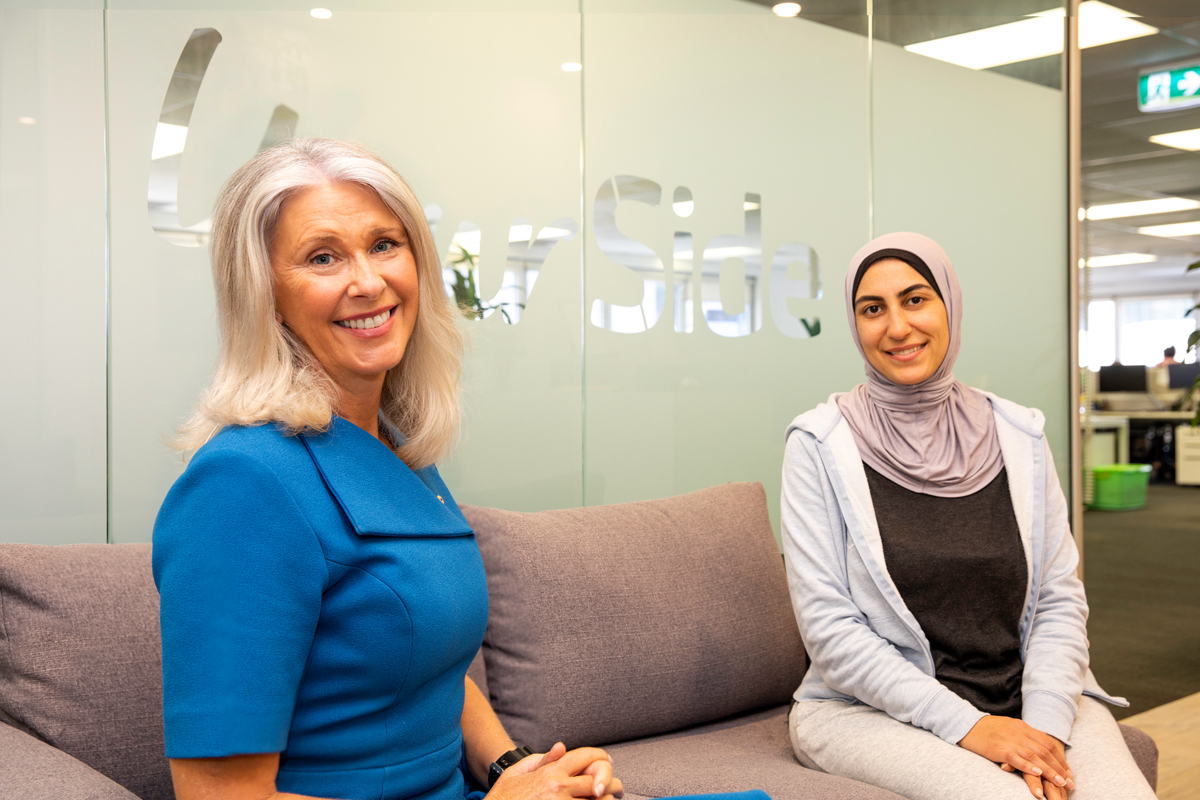International Women’s Day – 70% of carers are women

Happy International Women’s Day!
Today, I want to focus on carers.
There are 2.65 million Australians providing unpaid care to someone with a disability, a long-term illness or frailty due to age. 70% of carers are WOMEN.
It’s not an easy role. These women face many challenges, including balancing caring responsibilities with paid work, navigating complex health and social systems, and dealing with often overwhelming emotional and physical demands. Many also experience financial strain, after reducing working hours or giving up paid work altogether.
Despite these challenges, female carers make an invaluable contribution to the Australian community, doing a job that would otherwise be done by paid professionals. They’re able to deliver a level of emotional comfort and companionship that cannot be replicated by support workers. Recognising their important role, the government has implemented a range of programs, like Carer Gateway.
As women, we’re often responsible for juggling work, family life and the care of others. And we tend to put ourselves last.
While working full-time and raising two children, I was also a carer for my beloved grandfather in his final years. My darling Dad now has emphysema and relies on care support at home. I wish I had known about the help available through Carer Gateway a lot earlier in this process. If I had registered for some of the services, I would have had quality time with my loved ones, instead of spending countless hours doing research and care coordination.
Unpaid care is worth an estimated $60 billion a year to the Australian economy. More than industries like accommodation, food and tourism. Australian carers provide 2.2 billion hours of informal care each year, with an estimated value of $77.9 billion. Those carers have given up an estimated $15.2 million in wages to deliver this care. Just pause for a moment to recognise the significance of that contribution. Without them, our already stretched system would fall apart.
Historically, unpaid care has been undertaken mostly by women. This has correlated with women’s underrepresentation in the workforce. However, women now comprise 47.2% of the Australian workforce and men 52.8%. This makes it an extremely difficult balancing act.
Currently, 12.3% of Australian women identify as carers; women represent 71% of all primary carers. The peak age for a female carer is 55, which coincidentally is exactly my age! This is the time in life when many women have transitioned out of child rearing only to assume caring responsibilities for a relative or friend. Conversely, the number of male carers peaks at age 75.
The compounding result of the disproportionate share of unpaid care is that women are:
- less likely to be able to engage in full-time paid work.
- more likely to work part-time or casually.
- more likely to work in occupations or industries that offer more flexibility.
- more likely to experience interruptions to their career.
- more likely to have a substantially lower superannuation balance at retirement.
- more likely to experience depression or anxiety than non-carers.
So, what can we do to support these unpaid carers?
We can offer them more flexibility in employment by allowing them to work from home more often, or scheduling commitments in the office around their caring roles. Similar to the way maternity and paternity leave operate, we need to look at carers’ leave as an option. And organisations should be aware of the Carer Gateway to help their employees with respite, counselling, and coaching.
Caring also contributes to the gender pay gap. As a society, it saves us money – billions and billions of dollars – which should be reinvested into carers to achieve structural change. Supporting your female employees who have caring responsibilities can have positive impacts for your workplace, including reduced costs of employee turnover, increased productivity, improved service delivery, reduced stress and absenteeism, enhanced attraction and recruitment, increased morale, and a more resilient workplace.
It all starts with a simple call to the Carer Gateway on 1800 422 737 to set up a one-hour assessment. Carers are often so selfless; they don’t want to reach out for help. But they deserve to be cared for, as well.
By Tracey Spicer – Your Side Ambassador
